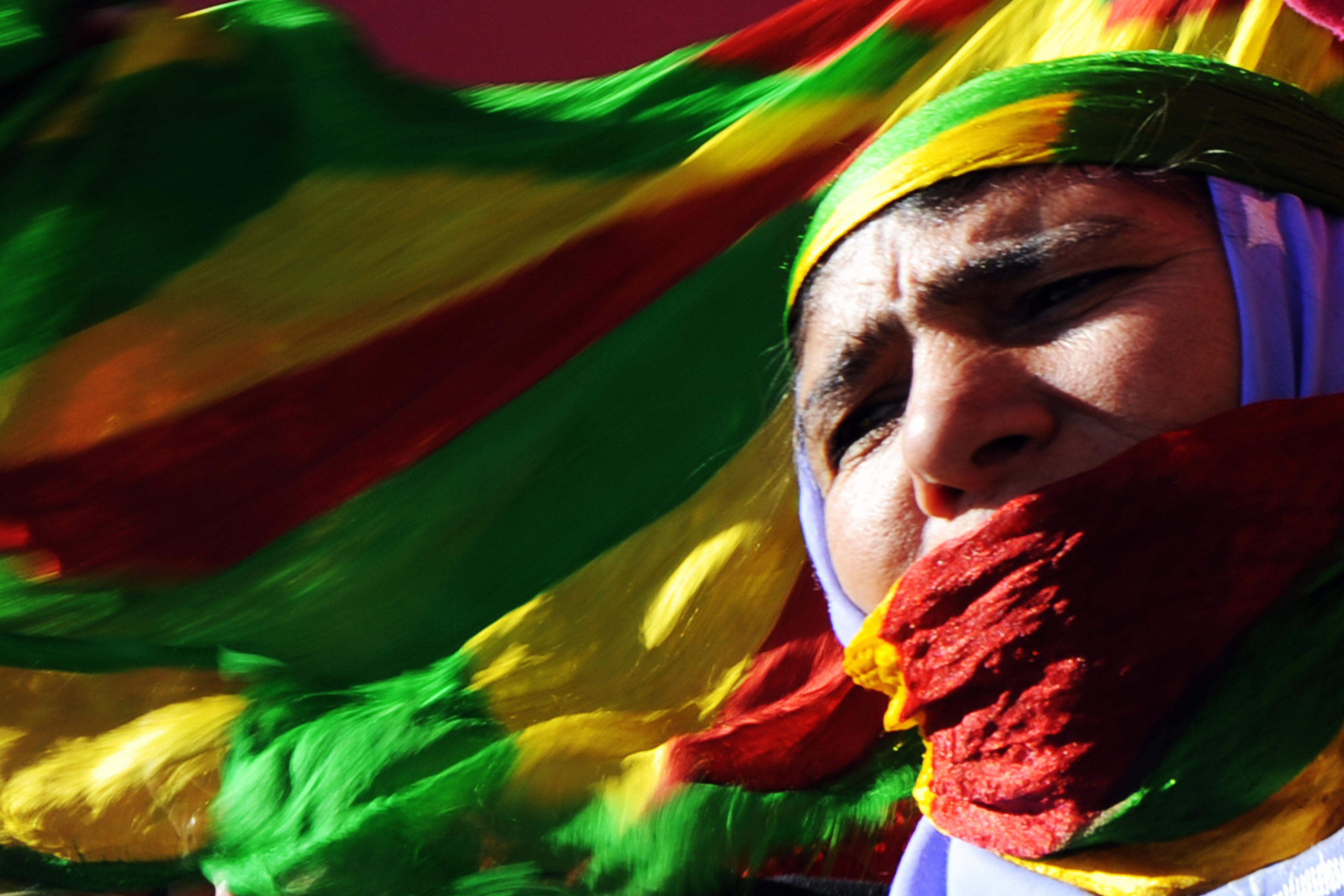Hasan Al-Banna’s ascendancy in the region is about to become equal to Turkey
Abdulla Hawez
When a 22 young preacher found the society of Muslim brothers, just four years after the end of Islamic Ottoman empire, he never thought his legacy will spread all over the Muslim world such as numerous as today; look across the Arab world today and political Islam has jumped to the fore. Hasan AlBanna, lived for 42 years, is the Godfather of all political Islamic movements in the world. Al-Banna's Brotherhood founded in 1928, hounded by all governments despite professing a fairly moderate version of Islam; this relatively mild-mannered movement is known for its political savvy that bases its message on the texts of Islam as well as its pliability and discipline. A question rises regarding Al-Banna’s legacy and whether it’s a nasty one that threatens democracy? Also, are the skeptics who said that Arabs would inevitably elect malicious people, and could not handle democracy being proven unpleasantly right?
Let’s first take a glance on how brotherhood and other parties of a similar stripe are performing, according to the come outs so far; brothers are the first winners of the Arab Spring. In Egypt
Similarly, in the other part of the Arab world, same scene expected to happen. In Syria Palestine Sudan , Hassan Al-Basher is ideologically based on Brotherhood school, while in Jordan Muslim brothers have a strong voice, and Qatar Middle East are under the sway of governments with an Islamist label as well, even though they have different hues.
Al-Banna tried to have new interpretations for the Islamic concepts which were controversial, hence he faced strong opponent from the local religious élite. He always claimed to uphold the call to Islam, not to impose it on people. He preached in coffeehouses, which were then a novelty and were generally viewed as morally suspect. Al-Banna, compared to religious views at his era, was a religious reformist, who was seeking the renewal of religion to fit with the current needs. Dr. Abdel Moneim Abul Futuh, former member of the executive bureau of the Muslim Brotherhood who was expelled from the long-banned party for choosing to join Egypt’s presidency race, once said that if Al-Banna was still a life, he will never allow Brotherhood to engage in politics such as today, because he hadn’t intended to develop the movement to become a political party, rather following the fail of the Ottoman Islamic empire, he wanted to relive the Islamic norms in the society. That augments doubts that succeeds have had veered his message and become more radical instead.
Some months ago, I talked with Dr. Essam Al-Arian, the spokesperson of the Muslim Brotherhood after the fail of Mubarak, he never gave a positive sign to adopt a model close to Turkey’s AKP one. Furthermore, half of Brotherhood’s members are women, yet they failed to arrive in the higher positions inside the movement, which raises questions on the women’s role in Egypt
Some western observers and internal liberal rivals see the Brotherhood as a mysterious society, pretending moderation and democracy in public while in private embracing a radical, authoritarian, anti-western agenda. Nevertheless, it widely believed that they will not enforce the veil or immediately ban alcohol, because they understand that people don’t vote for them because they seek Saudi or Iranian style of religious repression. Rather because of their hatred of corruption, the curse of secular dictatorships all through the region, and their promotion of justice and dignity.
Consequently, it can’t be proved instantly, whether Islamists will overturn the democratic process of election to entrenchment their power and impose their ideological beliefs or will protect the individual rights. The only incontrovertible thing, apparently, is the emergence of a realm in the Arab world that leads by the legacy of Hassan Al-Banna.
*Iraqi Kurdish freelance journalist writes about current Political issues in the Middle East .





